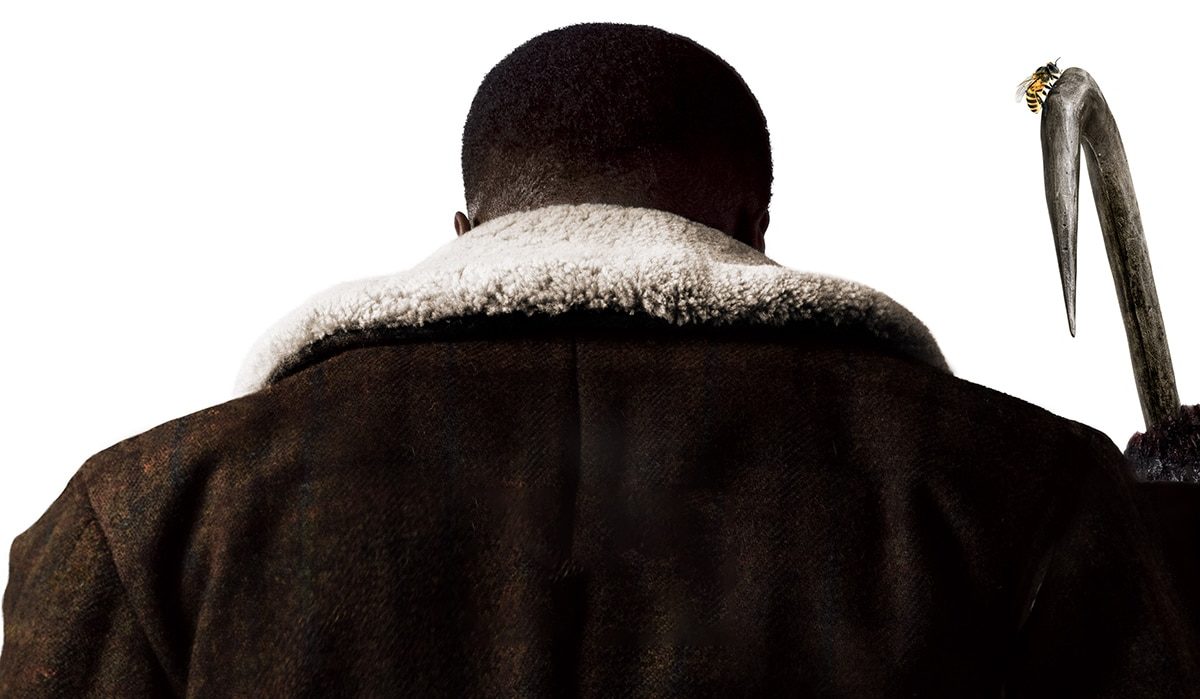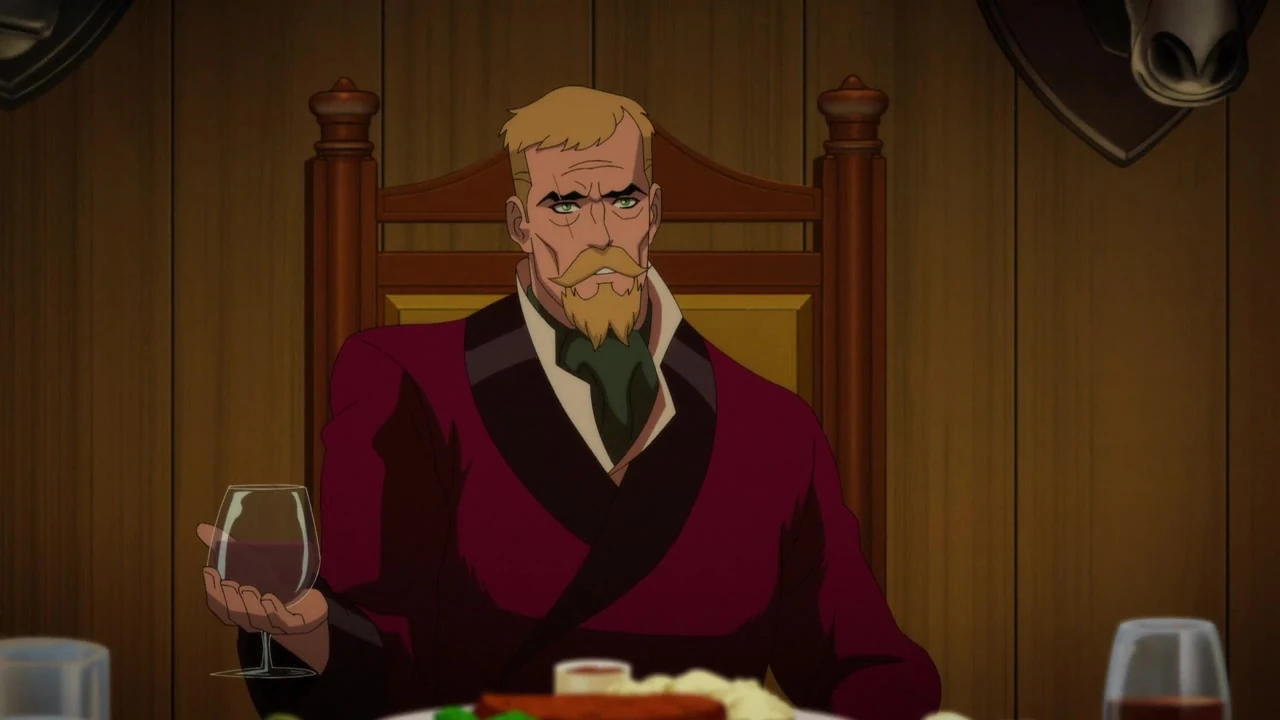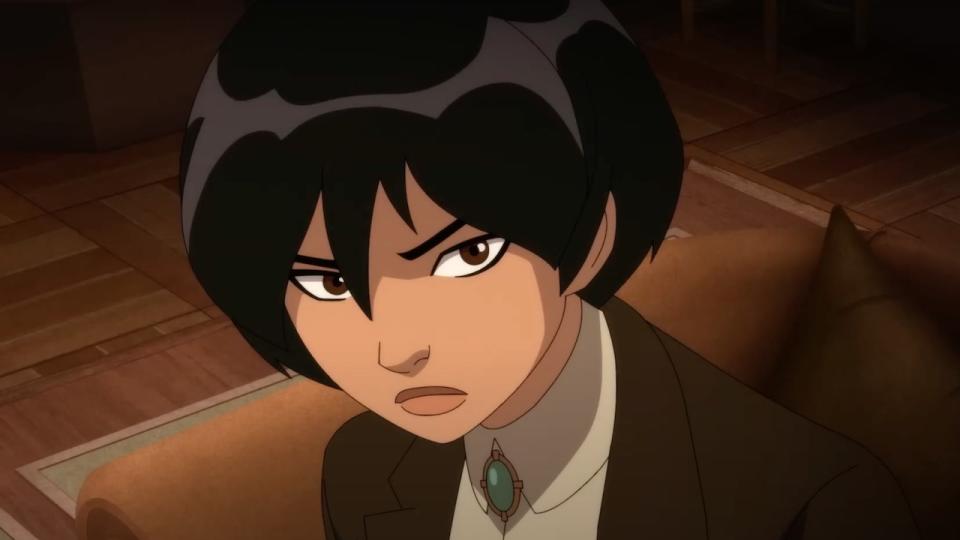“It’s the scariest story I’ve ever heard… And it’s totally true”
(1992).
“I’m gonna tell you MY story of the Candyman”
(2021)
It’s a story, oral history is more like it. It’s a cooling spell, it’s an individual story that is told or said throughout generations and held as fact, a legend and THAT is what gives it power. So speaking of the story, invokes it. That story is a name… CANDYMAN.
Calling upon the name is to invoke him, to summon him, and per the rules of the story… He must punish the summoner in order to beget his own existence or risk fading out of it entirely. This is how an urban legend is created. Beyond the legend lies an origin, or a different perspective of the story. It’s an allegory about the legacy of the horror that is racism, being visited upon white society.
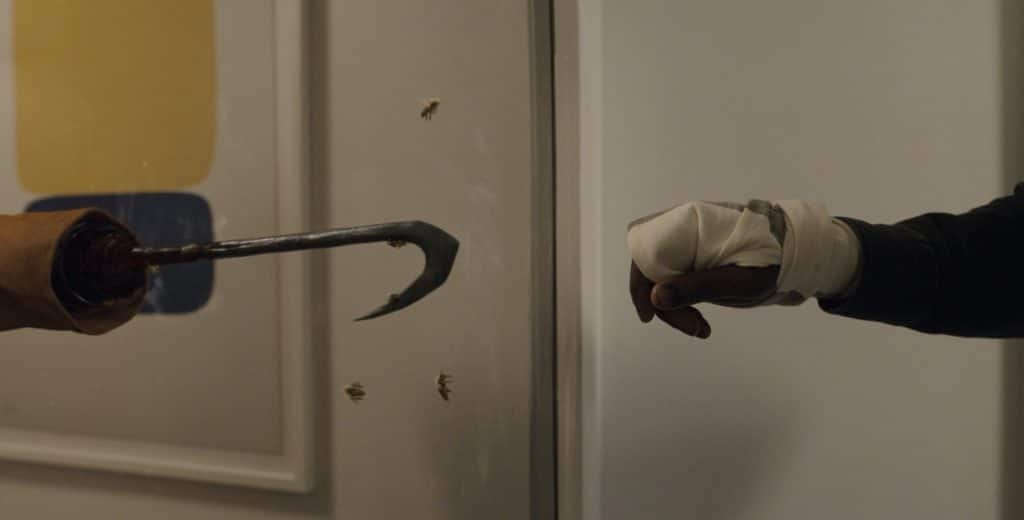
Candyman is a critique of white expertise in science and academia, and its indifference to the plight of Black trauma. Helen and the other academics are so amused by what they perceive to be the absurdity of the very idea of urban legends. Likewise, how primitive the people who continue to almost regurgitate them within their own communities. They laugh and are amused by the naiveté of belief and dismiss the massively evident problems of gentrification, police brutality, and socio-economic red-lining. Oh no, wait a minute, that’s me speaking of the original Candyman (1992). Candyman pt.1 if you will.
Spoiler alert, this one is a sequel. A very good one. It is self-actualized, while also having a symbolism-filled narrative not always present in these genre specific films.
You’d think all these aspects would make for a very polarizing outlook on the film. To the contrary, it is instead quite the opposite. They make for a very cohesive, yet innovative view on what was just a film, and I’m looking to just speak on it.
Candyman: Say Their Names
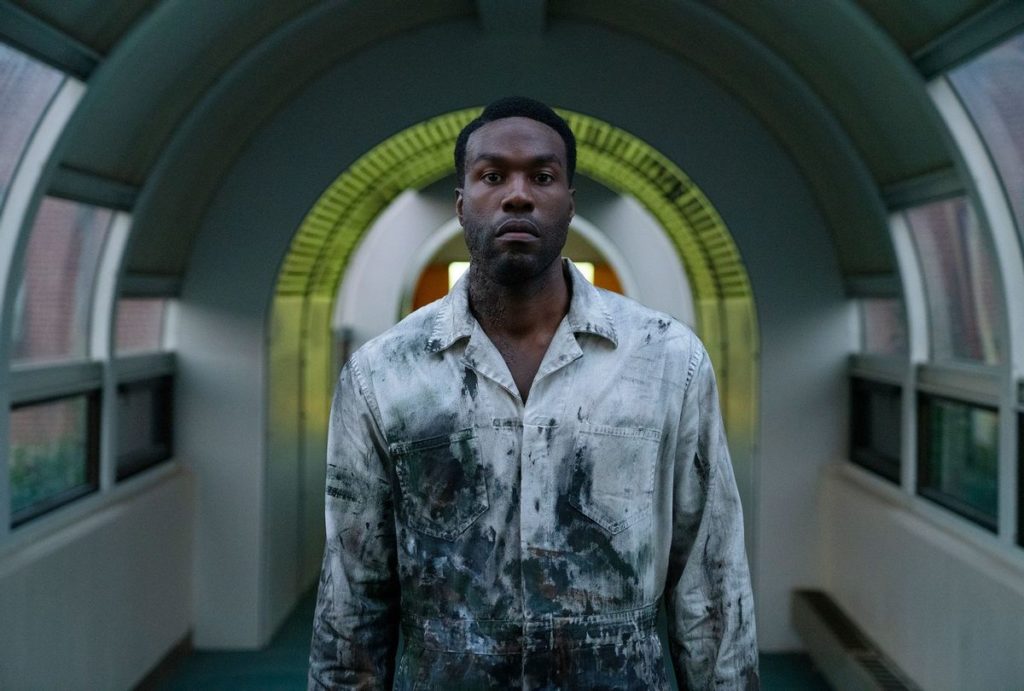
So Candyman was created by Clive Barker in the short story “The Forbidden” which is from a collection called Books of Blood. Candyman’s narrative is a deep commentary on history and the world as we know it today, and tells a story more relevant now than ever before. It’s pretty much Critical Race Theory made manifest in a film. You don’t have to believe me on this. Just see some of the allegory. For example; “say his name”. The power in a name is endless. And Black people know that. Still don’t believe me? Okay; I submit the following for your review…
Say Their Names: Breonna Taylor, George Floyd, Ahmaud Arbery. They are all names that must be remembered, reverenced, held, and protected. Not just now but throughout generations and held as fact, as legend, as oral history…
The film is pointing out that the story of systemic racism in all its tenements is passed down. It’s consistent, it’s real but seen as a story to those that are not marginalized victims. The abuse of power through not only micro-aggressions or societal red lining, but also gross negligence in government through, over/poor policing, inadequate civil planning, and providing a faulty infrastructure is all seen as a ghost story that White people do not see because it’s a “them problem”, not an “us problem”. It’s a “Black Problem”.
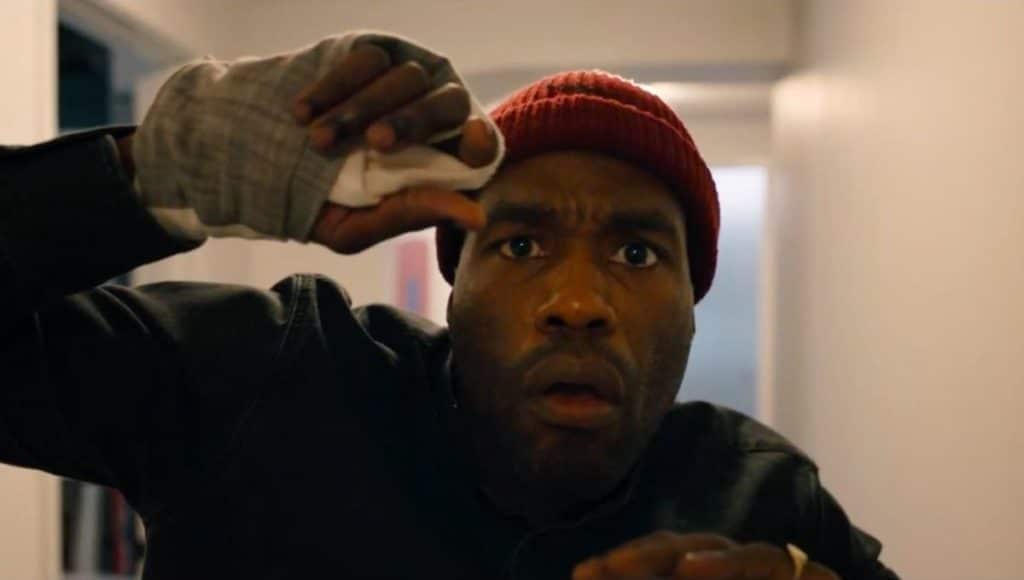
There were so many themes within the film, but one that stood out was Black trauma. So much so that they used what Candyman experienced and turned the myth of Candyman into a symbol for Black trauma. The entire time he has been an avenger, he wasn’t killing just to kill but he was killing to be remembered. He was seeking acknowledgment. Not of himself but the Black trauma at the hands of those that were responsible and the hate that they breed.
[Click on Page 2 for more Candyman analysis]


